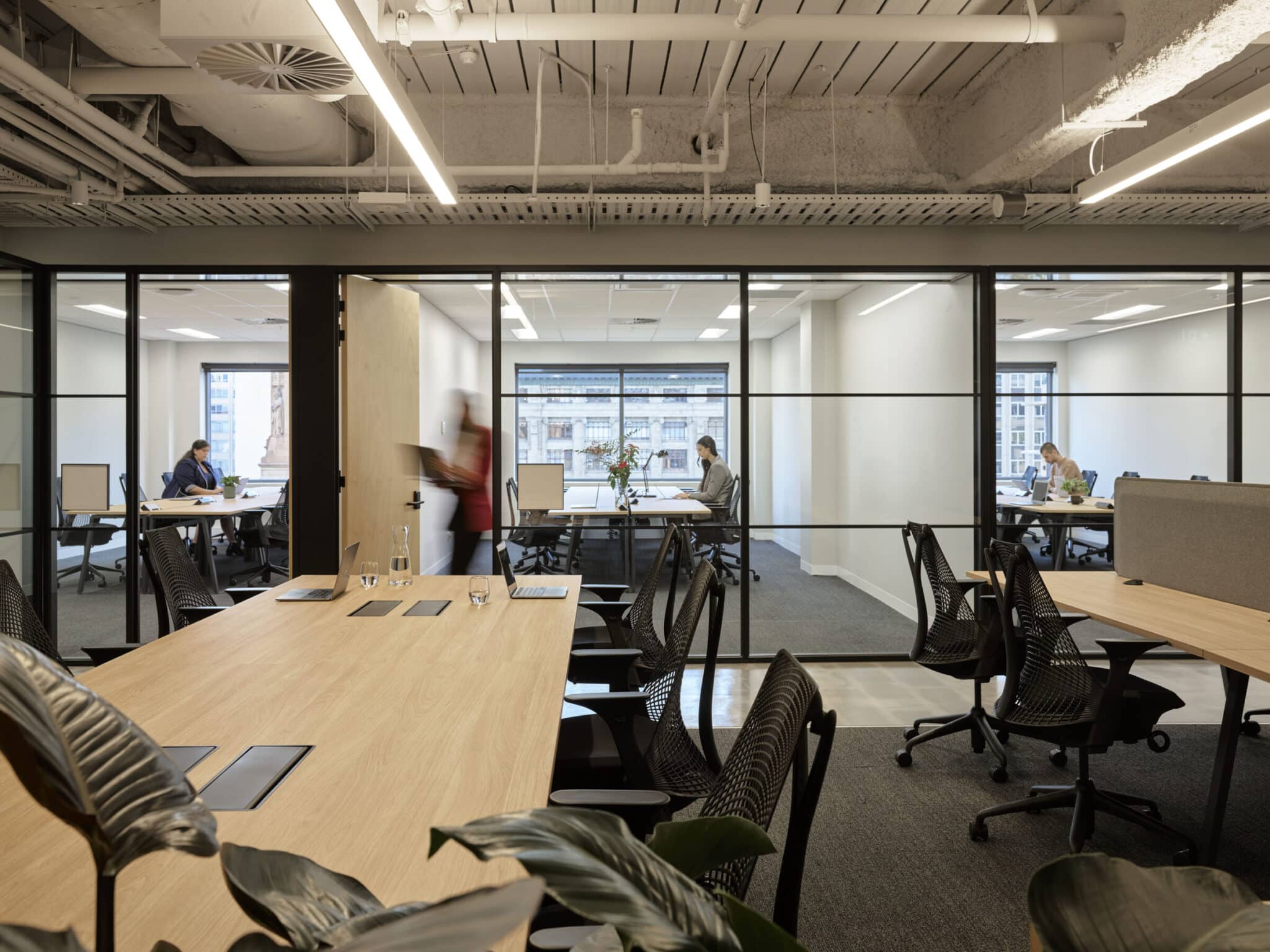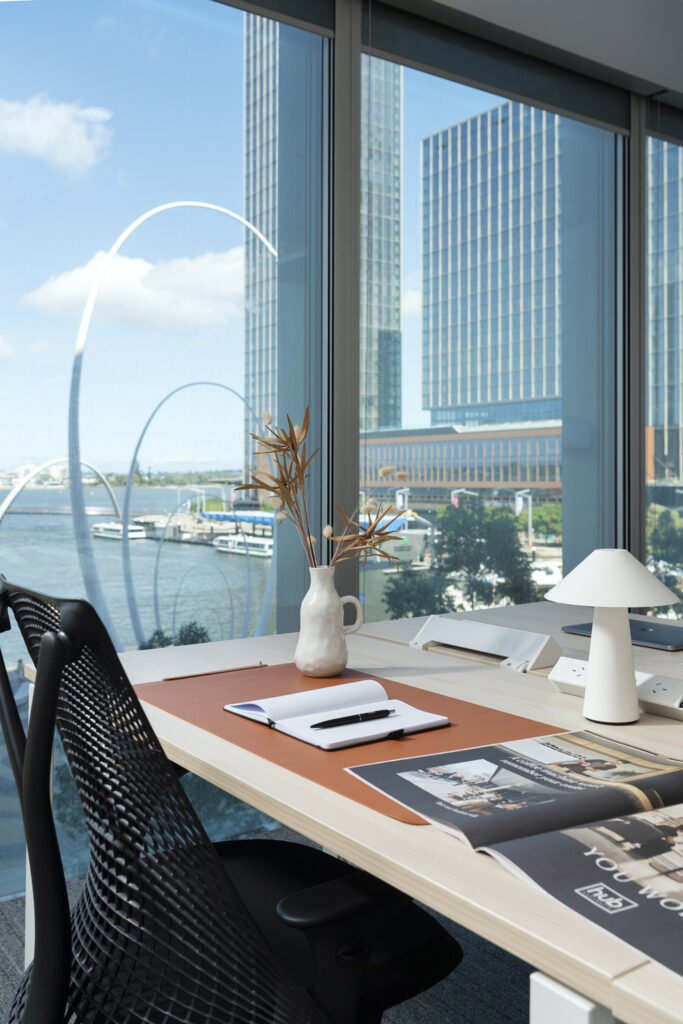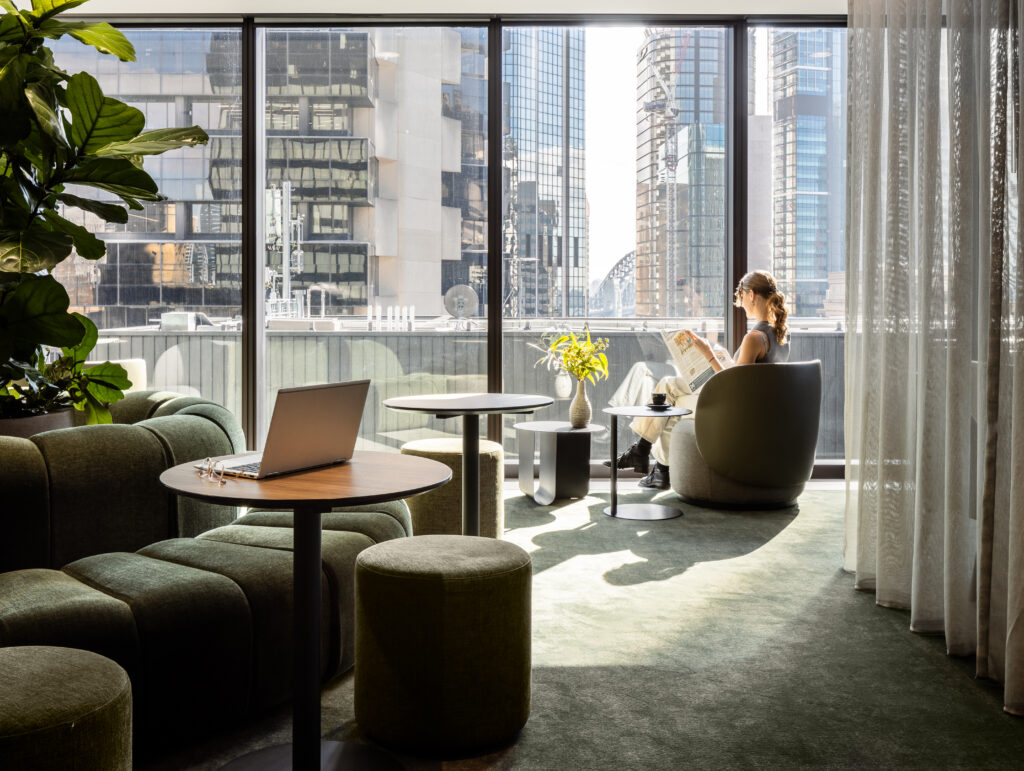Across Australia, many business owners and professionals are finding shared offices more cost-effective than traditionally-leased space.
Finding the ideal office space to suit your specific business needs requires a lot of research focusing on finances, culture, benefits, work styles, and more, and there are many common mistakes that business owners and leaders make when choosing their next office space.
So what are the most common mistakes when people choose their own office space?
1. Not adding up the unexpected costs
Even if you find a ‘bargain’ of a private lease, there are sure to be a number of additional costs involved to get the space ready for your team to work from.
Design, fit-out, furniture, and establishment costs can add a hefty price tag to your new office space from the get-go.
Privately-leased commercial spaces require a number of ‘capital expenses’, including data & IT setup, construction costs, furniture, fixtures, equipment, utility connection fees, and soft costs (such as design and fees).
CBRE’s commercial lease calculator calculates the cost of these fees, and the ‘make-good’ required at the end of your lease period, at a total of over $2200 per square metre.
For a team of 50 and a space of 715sqm, this is a total establishment cost of $1,466,000.
A flexible office space like Hub Australia covers all ‘capital expenses’ and maintenance costs, ensuring your business only has one all-inclusive price to pay and isn’t blindsided by fluctuating utility costs, expensive repairs, or other unexpected costs.
All up, these benefits can save businesses millions over the term of a lease, helping make the decision even simpler.
Read more: How a Flexible Office in Sydney Can Save You Millions
2. Not considering your team’s workstyles
An ideal workspace is as adaptable and flexible as your team. With an average week encompassing collaborative meetings and conversation, focused time, phone calls, brainstorming, and more, it’s essential to make sure your workspace offers diverse space to help your team work effectively.
Flexible workspaces have the undeniable benefit here, offering a wide range of spaces. Spaces such as Hub Australia offer meeting rooms, breakout spaces, phone booths, member kitchens, cafés, and more, helping every member find the right environment for the task at hand.
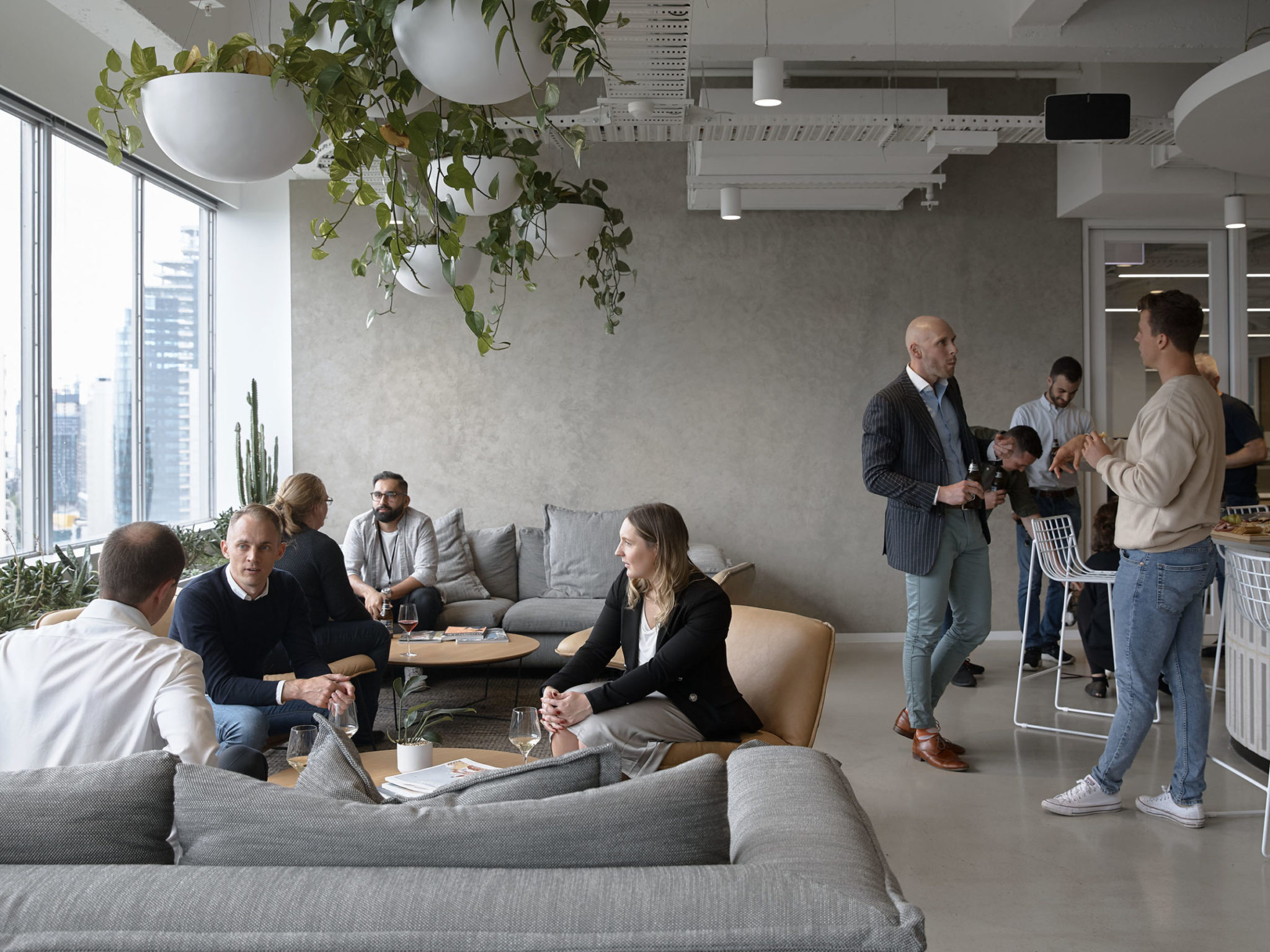
3. Not choosing an office in the best location
Location is an important aspect of any successful business HQ.
Positioning yourself in a central business district can have a number of positives, including ease of transport for team members, brand visibility, client connections, events, and partnerships.
Public transport is also a key criterion for many employees, along with nearby lifestyle features such as cafés, shopping, chemists, and exercise spaces.
A centrally located space allows your team easier access, and freedom to live in any direction of the city, as well as being able to enjoy the benefits of the CBD when working from the office.
4. Not looking into available amenities and benefits
Coworking spaces give you all the perks of working in a big company in terms of amenities. Hub Australia offers fitness studios, fully-equipped kitchens, cafés, relaxation spaces, media studios, meeting spaces, and much more, all included in the monthly price.
For many businesses, these amenities are the lowest priority in fitting out their own space due to high establishment and maintenance costs – by choosing a coworking space with these features already available, you and your team can benefit.
Hub Australia offers added value to all members on top of the access to amenities, offering a wide range of member-exclusive events, discounts on popular brands such as Woolworths, JB Hi-Fi, and ASOS, and access to all Hub Australia’s interstate locations to help you and your team work effectively no matter where business takes you.
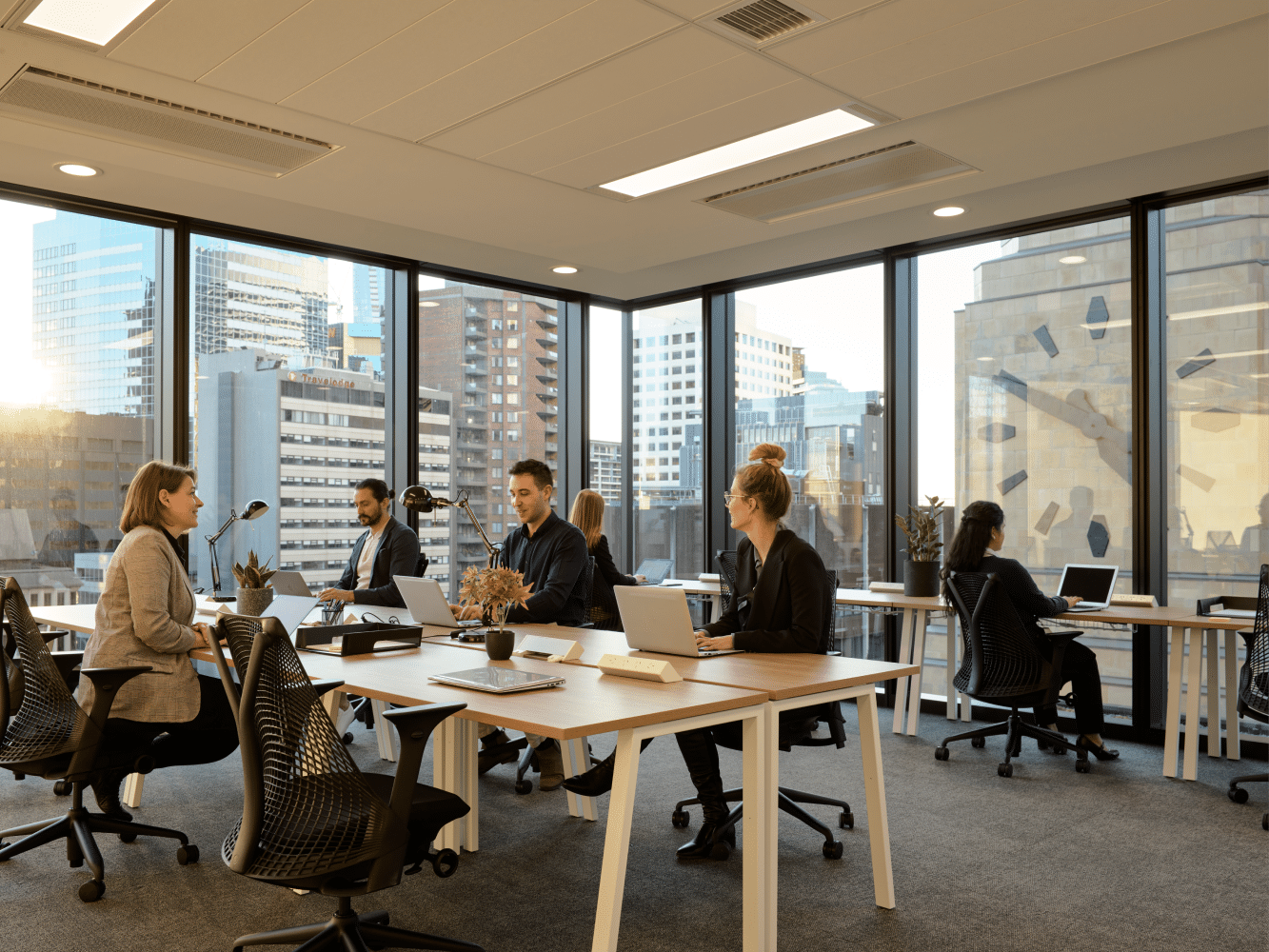
5. Locking yourself into an inflexible lease
The days of predictably locking your business into a 5 to 10-year lease (including paying for fitout and make-good) are behind us, particularly following the impact of COVID-19 and the change of predictability.
Entering shorter-term agreements at coworking spaces allows for a lower element of risk while also facilitating your business when and if it scales.
By choosing a flexible workspace, you have the ability to upgrade to larger spaces when you needed, shift locations, and have flexible enough agreements that you are able to plan in the medium term and adapt as needed.
